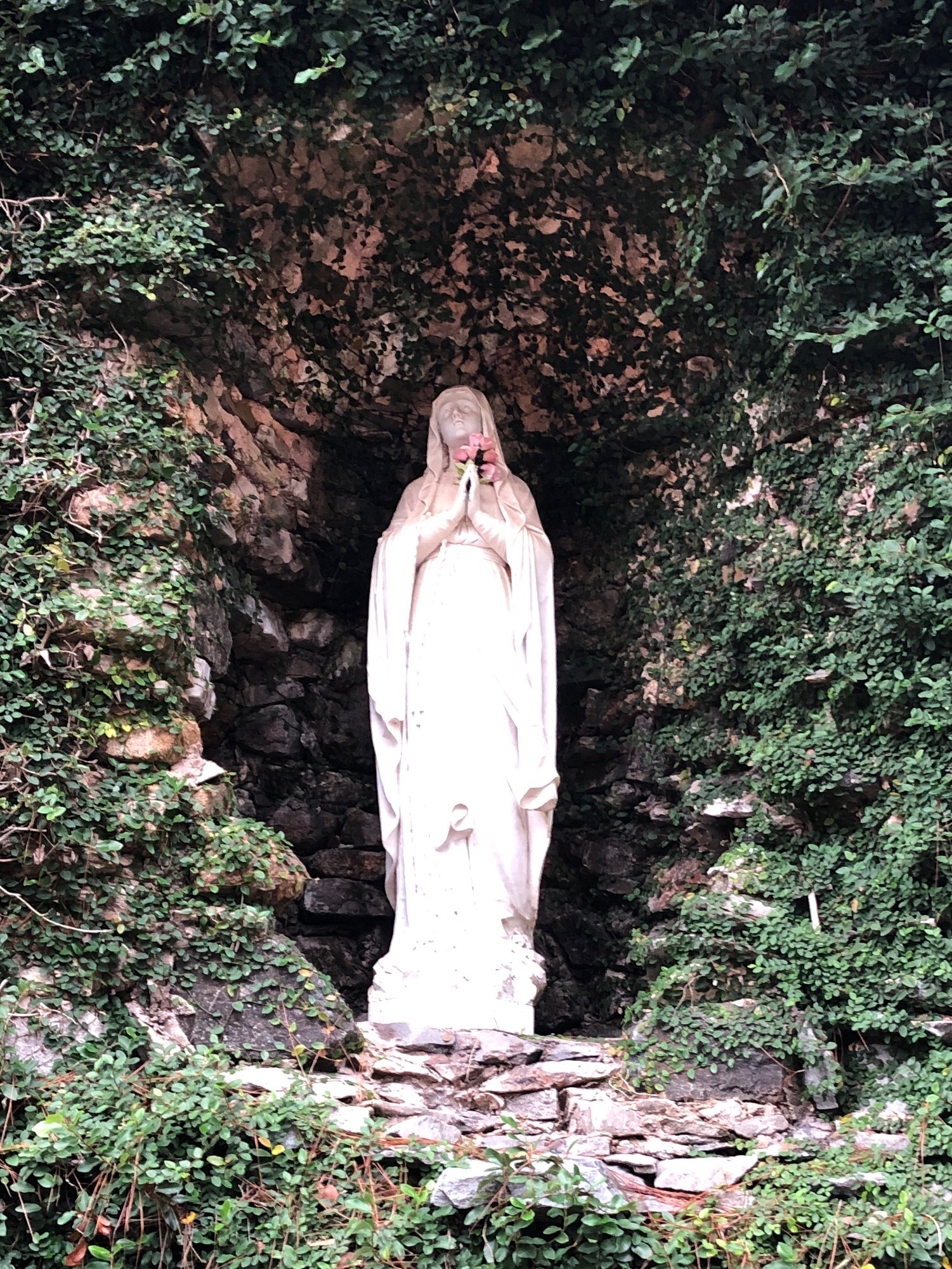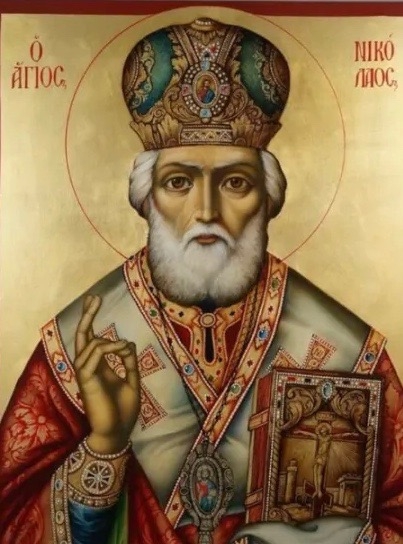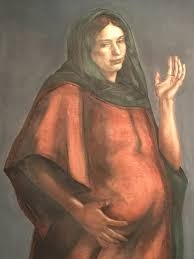These reflections are a result of more than 40 years of ministry as a Roman Catholic priest. Most of these years I spent in the Diocese of Charlotte which covers Western North Carolina. Now I am retired, and live in Medellín, Colombia where I continue to serve as a priest in the Archdiocese of Medellín.

God chose us in Christ, before the foundation of the world, to be holy and without blemish before him.
In love he destined us for adoption to himself through Jesus Christ, in accord with the favor of his will,
for the praise of the glory of his grace that he granted us in the beloved. (Eph 1:3-6, 11-12)
https://bible.usccb.org/bible/readings/120821.cfm
There is a divine purpose for each one of us. Today’s feast reminds us how that divine purpose was fulfilled in the life of the Virgin Mary, who was prepared from the first moment of her existence to become the mother of the Son of God.

Comfort, give comfort to my people, says your God. Here comes with power the Lord GOD,
who rules by his strong arm. Like a shepherd he feeds his flock; in his arms he gathers the lambs,
Carrying them in his bosom, and leading the ewes with care. (Is 40:1-11)
https://bible.usccb.org/bible/readings/120721.cfm
A beautiful message from the Prophet Isaiah . . . the One whose coming we await brings comfort, carries the lambs, and leads the ewes with care. Today is the feast of Saint Ambrose who was bishop of Milan and who baptized Saint Augustine. Today is also the remembrance of the attack on Pearl Harbor in 1941.

Say to those whose hearts are frightened:
Be strong, fear not! Here is your God, he comes with vindication;
With divine recompense he comes to save you.
Then will the eyes of the blind be opened, the ears of the deaf be cleared;
Then will the lame leap like a stag, then the tongue of the mute will sing. (Is 35:1-10)
https://bible.usccb.org/bible/readings/120621.cfm
Advent has a message for those who are frightened: Don’t be afraid, because God comes to save. Today is the feast of Saint Nicholas, who was a bishop of the early church and certainly not the “right jolly old elf,” of Clement Clarke Moore’s A Visit from Saint Nicholas (’Twas the Night before Christmas), https://www.poetryfoundation.org/poems/43171/a-visit-from-st-nicholas. Saint Nicholas attended the First Ecumenical Council, the Council of Nicea in the year AD 325, and of course, is the patron saint of children.

The word of God came to John the son of Zechariah in the desert. John went throughout the whole region of the Jordan,
proclaiming a baptism of repentance for the forgiveness of sins, as it is written in the book of the words of the prophet Isaiah:
A voice of one crying out in the desert:
“Prepare the way of the Lord,
make straight his paths.” (Lk 3:1-6)
https://bible.usccb.org/bible/readings/120521.cfm
John the Baptist challenges us all to “Prepare the way of the Lord” not in fear, rather with rejoicing.

Responsorial Psalm (Psalm 147)
R. Blessed are all who wait for the Lord.
The LORD rebuilds Jerusalem;
and gathers the dispersed of Israel.
R. Blessed are all who wait for the Lord.
The Lord heals the brokenhearted
and binds up their wounds.
The Lord tells the number of the stars;
and calls each by name. R. Blessed are all who wait for the Lord.
https://bible.usccb.org/bible/readings/120421.cfm
Patience is the key virtue of Advent, to wait for the Lord. The image of Mary, Great with Child, captures the imagination of the church during this Holy Season.



